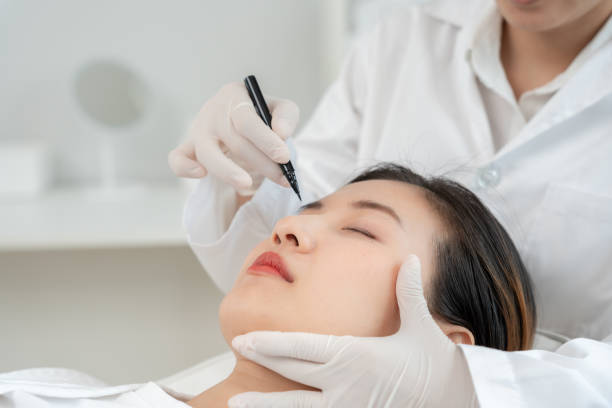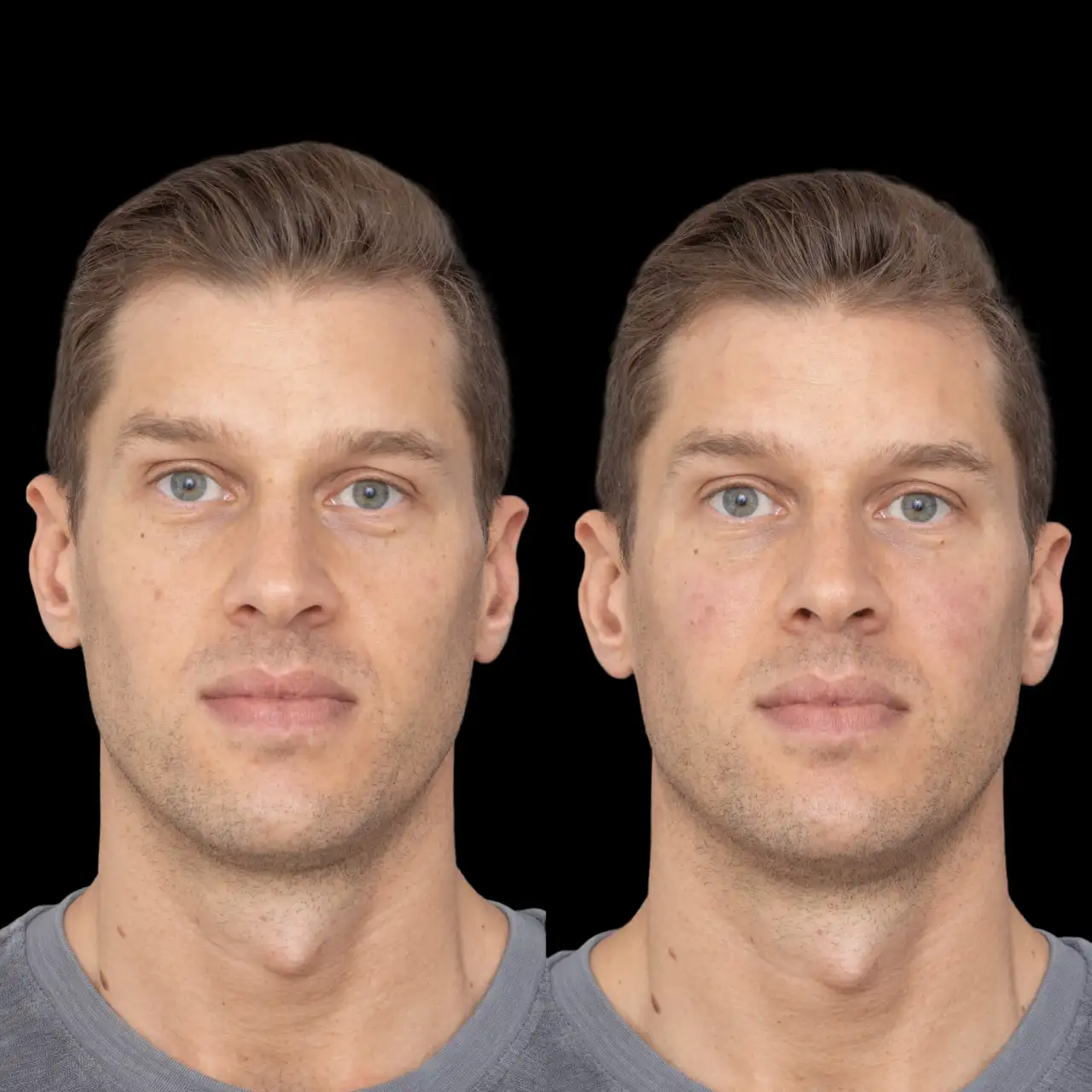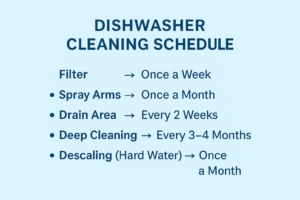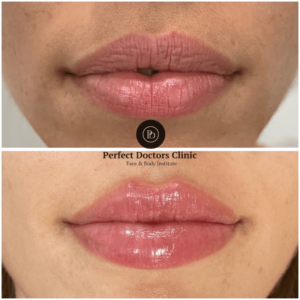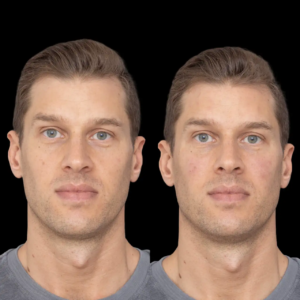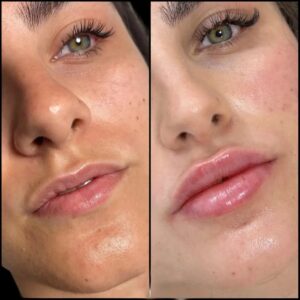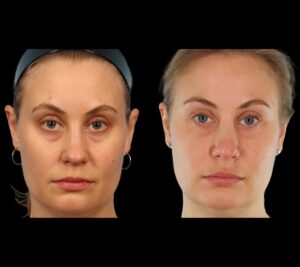The Connection Between Sleep Quality and Jaw or Tooth Pain
Sleep is essential for healing, restoring energy, and maintaining our overall health. However, for many people, waking up with jaw stiffness, headaches, or tooth pain has become surprisingly common. What often goes unnoticed is the strong connection between poor sleep quality and oral discomfort. Your nighttime habits, stress levels, and even your sleeping posture can influence your jaw health and tooth sensitivity more than you may realize.
Understanding how sleep affects dental health can help you address hidden problems early and protect your smile. In this blog, we explore the link between sleep quality and jaw or tooth pain, the causes behind nighttime oral discomfort, and what you can do to improve both your sleep and dental wellbeing.
Why Sleep Quality Matters for Your Oral Health
Sleep affects nearly every system in the body—including the jaw joints, facial muscles, and teeth. When your sleep quality is poor, your body doesn’t get enough time to repair tissues, regulate inflammation, or relax your muscles. As a result, you may wake up feeling sore or tense, especially around your jaw and mouth.
1. Muscle Tension During Sleep
When you don’t get restful sleep, your body enters a heightened state of tension. This tension often causes people to clench or grind their teeth without realizing it. Over time, this leads to strained jaw muscles, worn enamel, and sensitive teeth.
2. Reduced Pain Threshold
Lack of proper sleep can make your body more sensitive to pain. This means that even mild jaw tension or inflammation can feel significantly worse the next morning.
3. Impaired Healing
While you sleep, your body repairs tissues and reduces inflammation. If sleep quality is poor, your body may struggle to heal irritated gums, tight jaw muscles, or small dental concerns—causing them to worsen over time.
How Bruxism Connects Sleep and Jaw Pain
One of the leading causes of nighttime jaw or tooth pain is bruxism, the involuntary grinding or clenching of teeth. Most people with bruxism don’t know they have it because it occurs during sleep.
Symptoms of Nighttime Bruxism Include:
- Sore or tight jaw upon waking
- Headaches (especially in the temples)
- Chipped or flattened teeth
- Increased tooth sensitivity
- Clicking or popping jaw sounds
- Neck and shoulder tension
Bruxism is strongly connected to emotional stress and poor sleep quality. When you’re stressed, your body remains active even while sleeping, causing subconscious clenching.
Sleep Disorders and Their Impact on Jaw and Tooth Pain
Certain sleep-related conditions can greatly contribute to nighttime dental problems.
1. Sleep Apnea
Obstructive Sleep Apnea (OSA) causes your airway to become blocked during sleep, forcing you to gasp or grind your teeth to reopen the airway. This clenching can put immense pressure on the jaw joints and teeth.
2. Insomnia
People who struggle with insomnia often develop chronic muscle tension. This tension extends to the jaw, causing soreness and stiffness that is most noticeable in the morning.
3. Snoring and Mouth Breathing
Sleeping with your mouth open leads to dryness, which reduces saliva’s protective effects. Without adequate saliva, your enamel is more vulnerable, and your teeth can become more sensitive or prone to pain.
The Role of Stress in Sleep and Oral Pain
Stress impacts your sleep quality and your oral health in several ways:
- Increases nighttime clenching
- Reduces ability to enter deep sleep
- Heightens pain sensitivity
- Causes inflammation in jaw muscles and gums
Managing stress through relaxation techniques, better sleep hygiene, or lifestyle changes often reduces nighttime jaw or tooth pain significantly.
When Jaw Pain Is Linked to TMJ Disorders
The temporomandibular joint (TMJ) is responsible for allowing your jaw to open and close. When this joint becomes irritated or inflamed, it results in TMJ disorder (TMD), which can worsen during poor sleep.
Common symptoms of TMJ disorder include:
- Jaw clicking or popping
- Limited movement when opening the mouth
- Pain around the jaw, ears, or temples
- Tooth pain without dental decay
- Lockjaw
Poor sleep can make muscle tension worse, causing TMD symptoms to intensify.
Why a Dentist Should Assess Sleep-Related Jaw or Tooth Pain
If you frequently wake up with pain, stiffness, or discomfort, it’s important to have a dental professional evaluate what’s happening. A Dentist can assess signs of grinding, enamel wear, TMJ dysfunction, or misalignment that may be contributing to your sleep-related discomfort.
Dentists are trained to recognize patterns of nighttime clenching and can provide targeted solutions such as night guards, jaw exercises, or referrals for sleep studies if necessary.
How Tooth Pain May Disrupt Your Sleep
Just as poor sleep can cause oral pain, dental issues can interfere with your ability to rest comfortably.
Common Tooth Problems That Impact Sleep:
- Cavities
- Gum infections
- Cracked teeth
- Impacted wisdom teeth
- Abscesses
These issues often worsen at night because lying down increases blood flow to the head, intensifying pressure and pain.
If you’re experiencing consistent nighttime tooth pain, it’s essential to seek care from a Dentist St Kilda to prevent the problem from worsening.
Practical Ways to Reduce Jaw or Tooth Pain Caused by Poor Sleep
Fortunately, improving your sleep and reducing oral pain often go hand-in-hand. Here are practical steps that can help:
1. Use a Custom Night Guard
A night guard prevents grinding, absorbs pressure, and protects your teeth. Custom-made guards offer better comfort and durability than store-bought options.
2. Improve Sleep Hygiene
Better sleep habits can significantly reduce nighttime clenching:
- Reduce screen time before bed
- Maintain a consistent sleep schedule
- Limit caffeine or alcohol in the evening
- Create a calming bedtime routine
3. Manage Stress
Managing stress throughout the day can reduce nighttime grinding. Consider:
- Deep breathing exercises
- Meditation
- Gentle stretching
- Journaling before bed
4. Adjust Your Sleep Position
Sleeping on your back may reduce jaw pressure, while stomach sleeping can worsen tension significantly.
5. Avoid Chewing Gum or Hard Foods
Overworking your jaw muscles during the day increases the nighttime strain.
6. Apply Heat or Cold Therapy
Warm compresses help relax jaw muscles, while cold compresses reduce inflammation.
7. Stay Hydrated
Dry mouth increases discomfort and tooth sensitivity, so hydration is key.
When to Seek Professional Help
You should seek dental evaluation if you:
- Wake up with jaw pain more than three times per week
- Notice your teeth becoming chipped or flattened
- Have headaches tied to jaw tension
- Experience clicking or popping sounds
- Have difficulty opening or closing your mouth
- Suffer from ongoing tooth pain that worsens at night
Early intervention prevents small problems from turning into long-term conditions that affect your comfort and quality of life.
Conclusion: Better Sleep, Better Oral Health
Sleep and dental health are deeply connected. When one suffers, the other often does too. Whether it’s grinding, TMJ issues, stress, or sleep apnea, many nighttime conditions can contribute to jaw pain and tooth discomfort.
By understanding this connection and taking proactive steps to improve both sleep habits and oral care, you can wake up feeling more refreshed, pain-free, and healthier. Professional guidance—whether from a St Kilda Dentist or a general dental specialist—can help identify the root cause of your symptoms and provide personalized solutions.
Your jaw, your teeth, and your sleep all deserve attention. When you care for one, you support the others—and ultimately, you support your overall wellbeing

